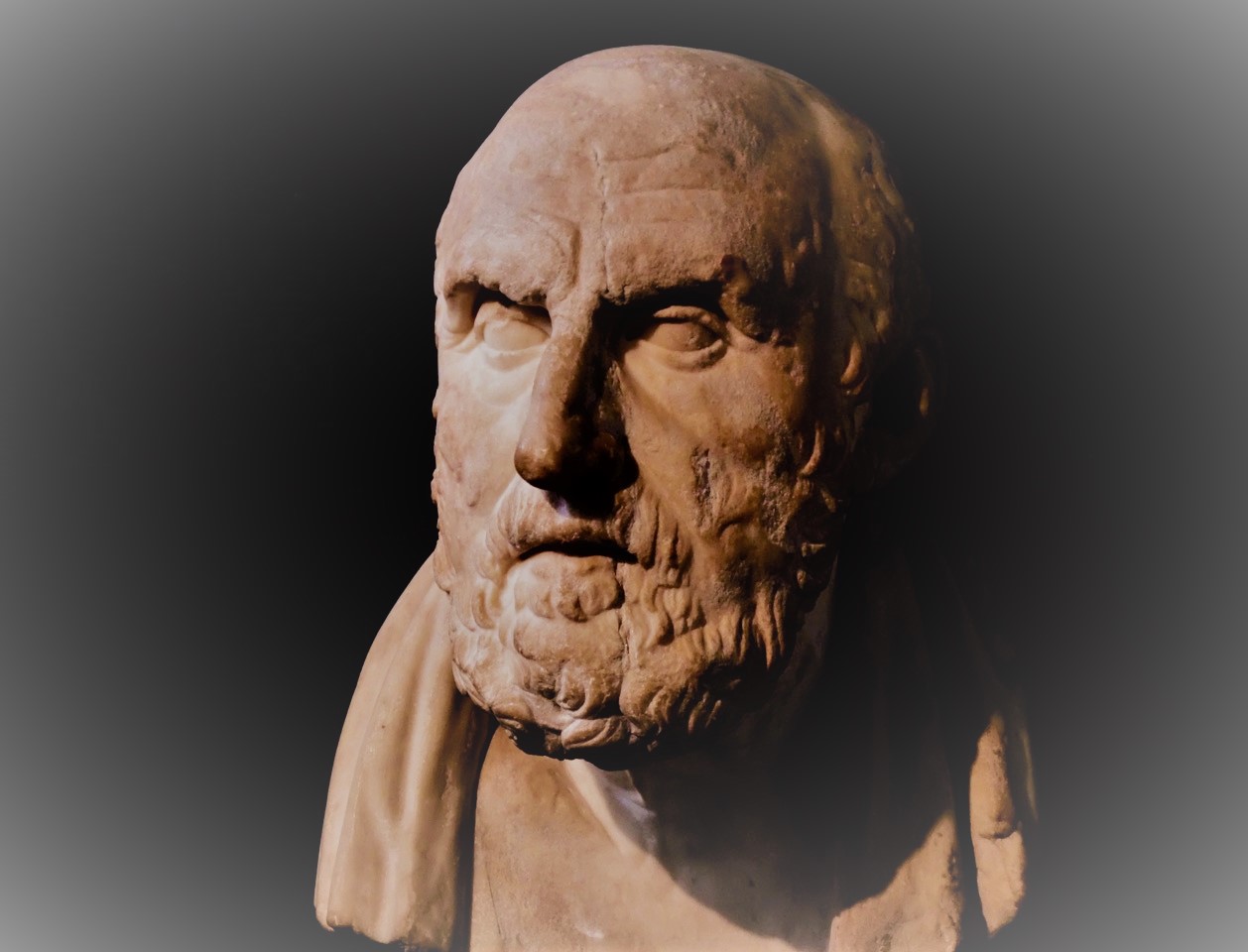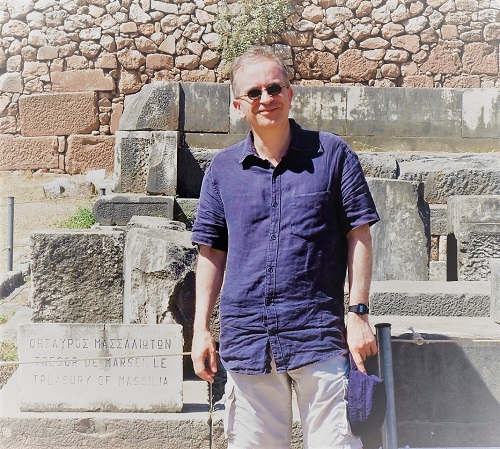Stoic Logic : the dialectic of the Gods CNRS Stoic logic was the main alternative to Aristotelian logic in Antiquity. Developed less than a century after Aristotle's death by Chrysippus, the third head of the Stoic school, it was considered the most impressive logical system of the ancient world, up to the point that the Ancient Greeks said: "if the Gods had a dialectic, it would be Chrysippus' dialectic". Chrysippus wrote 108 books of logic in 311 volumes, almost half of his writings, and by far the most considerable corpus ever written by a logician, including his major work, the Logical Investigations, in 39 volumes. Unfortunately, as the rest of the works of the first generations of the Stoic school, it is almost completely lost: only ten pages of the Logical Investigations remain, badly preserved in a papyrus in a poor state of conservation. For the rest, we have to rely on short quotations, handbook accounts and hostile criticisms. As a consequence, despite its considerable influence in Ancient and (indirectly) in Medieval times, Stoic logic remained largely ignored or misunderstood for centuries, until its progressive rediscovery by scholars between the end of the ninetenth century and the second half of the twentieth century. In the 1930s, the pioneering work of Lukasiewicz defined Stoic logic, in contrast to Aristotle's logic, as the ancient form of propositional logic. Lukasiewicz's work impulsed two decades later a new trend of work on Stoic logic, which expanded with the development of the study of Hellenistic philosophies in the 1970s. Lukasiewicz's interpretation has been improved and refined, by developing aspects of Stoic logic not touched by Lukasiewicz, such as Stoic semantics, the theory of the 'sayable' and the proposition, the modalities, and the analysis of complex syllogisms. It is probably too simple to present Stoic logic as a propositional logic, even if its basic rules are propositional inference rules. And it remained unnoticed by Lukasiewicz that Stoic logic anticipated three important features of modern symbolic logic: (1) the Fregean theory of signification (Bedeutung), since Frege was probably introduced in Jena to Stoic semantics by his colleague Rudolf Hirzel who was Frege's tenant for many years; (2) the logical asymmetry between function and argument expressed by the predicate/case distinction; (3) the analysis of universal propositions as conditionals (which allowed the Stoics to introduce a procedure rival to Aristotle's quantifiers). However, what one must not forget when studying Stoic logic is that the Stoics conceived it as dialectic, and attached the greatest importance to the dialogical context of its procedure and to its relationship to the other parts of philosophy, ethics and physics. As a consequence, Stoic logic or dialectic was a science, a part of philosophy (as opposed to the 'instrument' or organon that defined Aristotle's syllogistic) and even a virtue. All these features make a quite distinctive form of logic.
The aim of this tutorial is to present Stoic logic. Stoic logic is probably the most important step in the history of logic between Aristotle and Frege. Not only does it have an historical importance but it is also still worth reading and studying for its fascinating insights, even if the fragmentary state of the evidence does not allow to know all the refined details of their theory. The tutorial will present the main sources and their alternative interpretations to give an idea as accurate as possible of the nature of Stoic logic.
Everybody interested in logic and ancient philosophy is welcome to join. There is no specific prerequisites. The tutorial will be divided in the following three sessions.
|
I. Stoic semantics
This part will be devoted to an overview of Stoic semantics: the Stoics distinguished between the vocal sound, for instance 'Dion', the real object of the world bearing the name, for instance the man called Dion, and an intermediate incorporeal entity, which they called the 'sayable' (lekton) and which they described as the signification of the vocal sound. An alternative presentation distinguish between what is signified by a common or proper name ('man', 'horse', 'Dion', 'Socrates'), namely a quality (and not a substance as in Aristotle) and what is signified by a verb ('walks', 'talks'), namely, according to the Stoics, a predicate or 'what happens' to someone. We will examine the logical and philosophical implications of these alternative presentations of Stoic semantic theory and the status of the 'sayable'. II. 'Sayables' and propositions
This part will be dedicated to the exposition of the Stoic theory of the different sayables, namely the propositions and the non-propositional items such as predicates, questions, orders, prayers. We will also examine the Stoic typology of propositions, the distinction of simple propositions and the non-simples (i.e. molecular) propositions, in particular the truth-conditions for the conditional (including the equivalent of a debate on strict implication). III. Syllogistic (inference rules) and analysis.
In this last part, we will discuss the two important aspects of Stoic syllogistic: (1) the inference rules known as the Stoic 'five indemonstrables', including the Modus ponens and the Modus tollens; (2) the rules of analysis of complex syllogisms. We will also explain how the Stoic understood the notion of a 'demonstration' as a stronger requirement for an argument than logical validity due to the epistemological nature of the propositions involved and how they translated universal and non-universal propositions by using simple propositions and conditionals. As a conclusion, the tutorial will indicate the place of Stoic logic within Stoic philosophy and within the history of logic. Bibliography
Back to the 6th Universal Logic School ! | ||||

